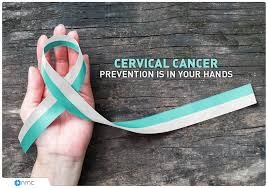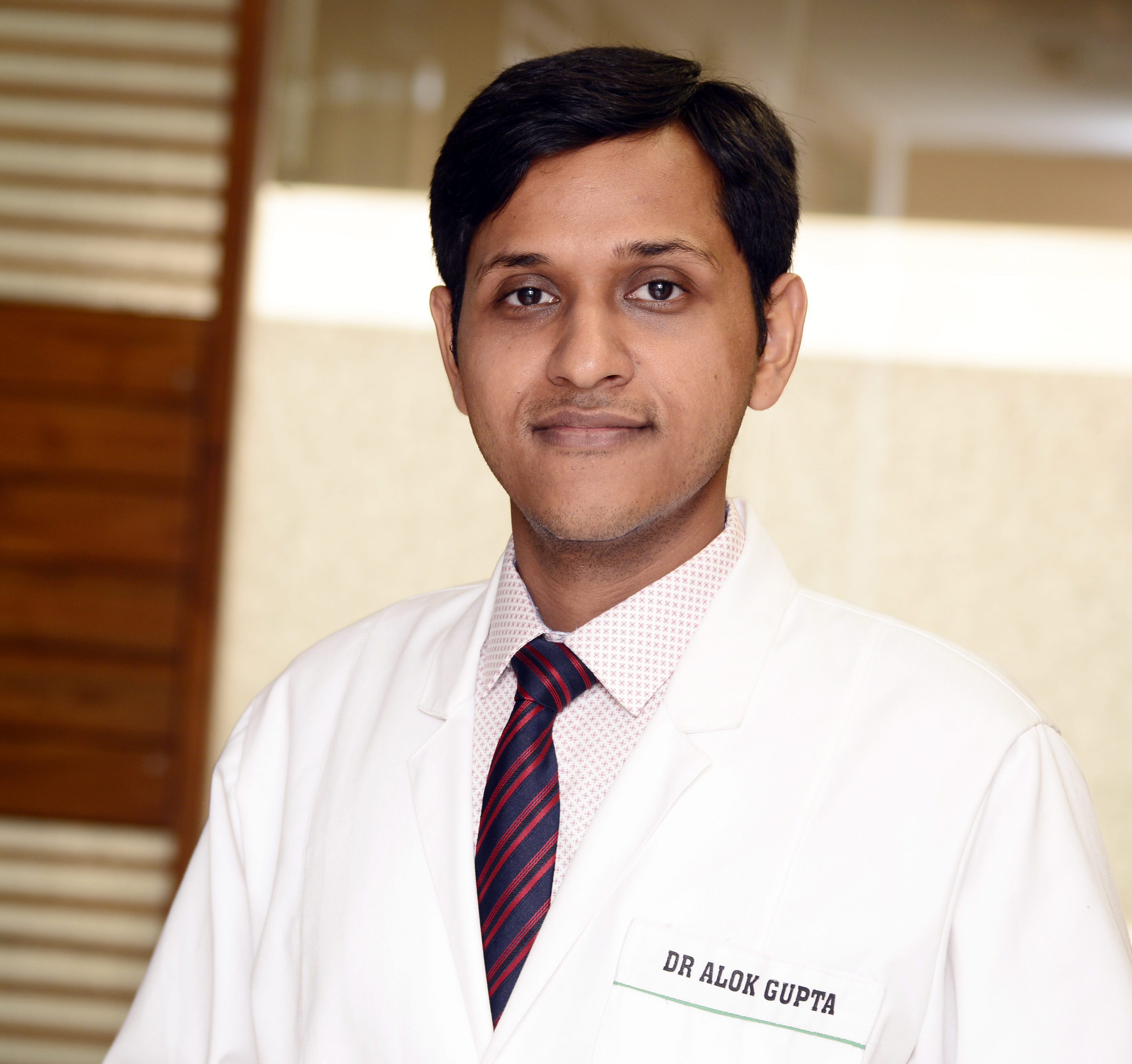4th February is celebrated as World Cancer Day with the underlying objective of creating awareness about this dreaded, yet treatable disease. Theme for 2022 is – Close The Care Gap. Worldwide, around 2 crore people are diagnosed with cancer each year, (India estimate – 12 lakhs) making it one of the commonest disease worldwide. Increased awareness about initial symptoms, when to seek medical help, diagnostic tests and various treatment modalities (both new/advanced and conventional) is crucial in making an early diagnosis. Cancer diagnosed at early stage is treated with curative intent. Lack of awareness results in delayed diagnosis and poor outcome.
On this day, we call upon all people to join hands in fighting cancer. Let us try to create awareness, bust myths and make efforts so that every cancer patient gets the adequate treatment he/she deserves. Despite availability of all the resources, technologies, expertise and infrastructure in our country, a lot of our patients cannot get access to cancer treatment. The reasons can be manifold including, financial, social, educational, logistics, beliefs, past experiences, etc. One such example wrong belief is that cancer spreads after biopsy. Biopsy is essential for diagnosis and treatment of cancer. It does not result in spread of cancer. Delaying biopsy cause increase in cancer stage, turning a curable disease into incurable one. The ultimate objective is to decrease death from cancer, which can only be achieved if we are able to recognize and close the care gap. Additionally, risk of developing cancer can be reduced by not using tobacco, maintaining body weight, eating a healthy diet, doing regular physical activity and not using alcohol.
Five TIPS to reduce our risk of developing CANCER
Many people believe that getting cancer is purely down to genes, fate or bad luck. But through scientific research, we know that our risk actually depends on a combination of our genes, our environment and things to do with our lifestyle, which we’re more able to control.
More than 4 in 10 cancer cases could be prevented, largely through lifestyle changes, such as not smoking, keeping a healthy bodyweight, eating a healthy, balanced diet, cutting back on alcohol enjoying the sun safely, keeping active, doing what you can to avoid certain infections(such as HIV, HPV or hepatitis).
Five TIPS to reduce our risk of developing CANCER include:
- Never start smoking/tobacco consumption or stop immediately if you do. This can significantly reduce the risk of several cancers including those of mouth, throat, esophagus, lungs, stomach, pancreas, urinary bladder, kidneys, uterine cervix, colon and rectum.
- Exercise regularly. Even moderate amount of physical activity can not only reduce the risk of developing cancer but also reduce the risk of developing recurrence after treatment of cancer. Regular exercise is associated with decreased risk of breast cancer, endometrial cancer and colon cancer.
- Avoid being overweight and obese. Obesity is associated with increased risk of cancer of esophagus, breast, uterus, pancreas and colon.
- Avoid excess alcohol consumption. Alcohol intake in excess of anything more than moderate amount is associated with increased risk of cancer of liver, mouth, throat, esophagus, breast and colon.
- Limit red meat and processed meat consumption and eat a healthy diet. Processed and red meat consumption is associated with increased risk of colon cancer. A high fibre diet is associated with decreased risk of colon cancer. Consume a diet rich in vegetables, fruits, whole grains and healthy proteins (pulses, beans, lentils, chicken and fish). Cut down intake of processed meat, sugary drinks and high calorie fast foods
Cervical Cancer Screening Decreases Deaths from Cervical Cancer
 Cervical Cancer Screening
Cervical Cancer Screening
Cervical cancer is the second most common cancer among women in India with about one lakh twenty-five thousand new cases diagnosed each year. It is also one of the most common causes of cancer death among women in India with about sixty-five thousand women dying of it each year. Thus, it is one of the major public health problems of India.
What is the benefit of cervical cancer screening?
Screening for cervical cancer helps in detecting cervical cancer at an early stage or pre-cancerous stage (cervical intra-epithelial neoplasia). This pre-cancerous stage in cervical cancer persists for several years before progressing to invasive cancer. At this pre-cancerous stage and early invasive stage, the cancer can be cured with appropriate treatment and death from cancer can be prevented in nearly 100% cases. Overall, screening has resulted in upto 70% reduction in cervical cancer incidence.
What method is used for cervical cancer screening?
Cervical cancer screening is done by a test called Pap/Cervical smear test. The Pap test is used to find abnormal cells in the cervix that might develop into cancer over time. Pap test is a simple OPD procedure which involves gently scraping some cells from the surface of the cervix using a small spatula or a cytobrush and putting them on a slide. This procedure takes only a few minutes. The cells are then examined under a microscope in the laboratory to see if they are normal/abnormal.
What procedure is followed during a Pap test?
At a Pap test, your doctor will ask you to remove your clothing from the waist down and give you a drape to cover yourself. You will be asked to lie on the examining table with your legs placed in the stirrups and your bottom to the edge of the table. To perform the procedure, your primary care provider will insert an instrument called a speculum into your vagina for a clear view of your cervix. She or he will then gently collect a sample of cells from your cervix using a small spatula or a cytobrush. The test takes only a few minutes. Pap tests are safe.
What preparation is required before a Pap test?
The Pap test yields optimum results if scheduled between 10 to 20 days from the first day of menstrual period. The woman should not be menstruating at the time of test. Following should be avoided 48 hours before the test: Intercourse, douching of vagina, vaginal medications and vaginal contraceptives like creams/ jellies.
What are the screening recommendations for cervical cancer?
All women should start having Pap test at age 21 or 3 years after first sexual contact. Pap tests should be done once every 3 years up till the age of 65 years
